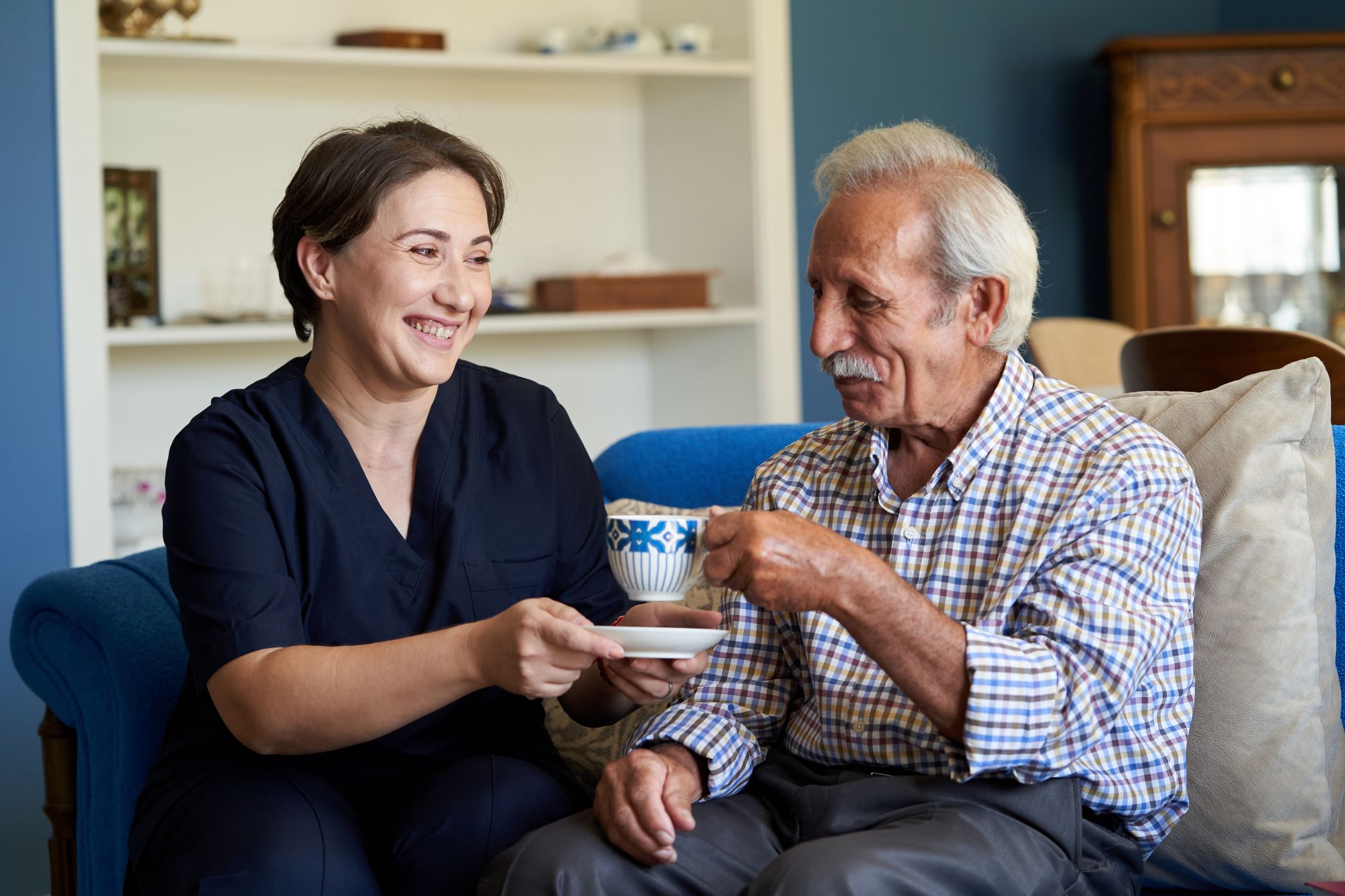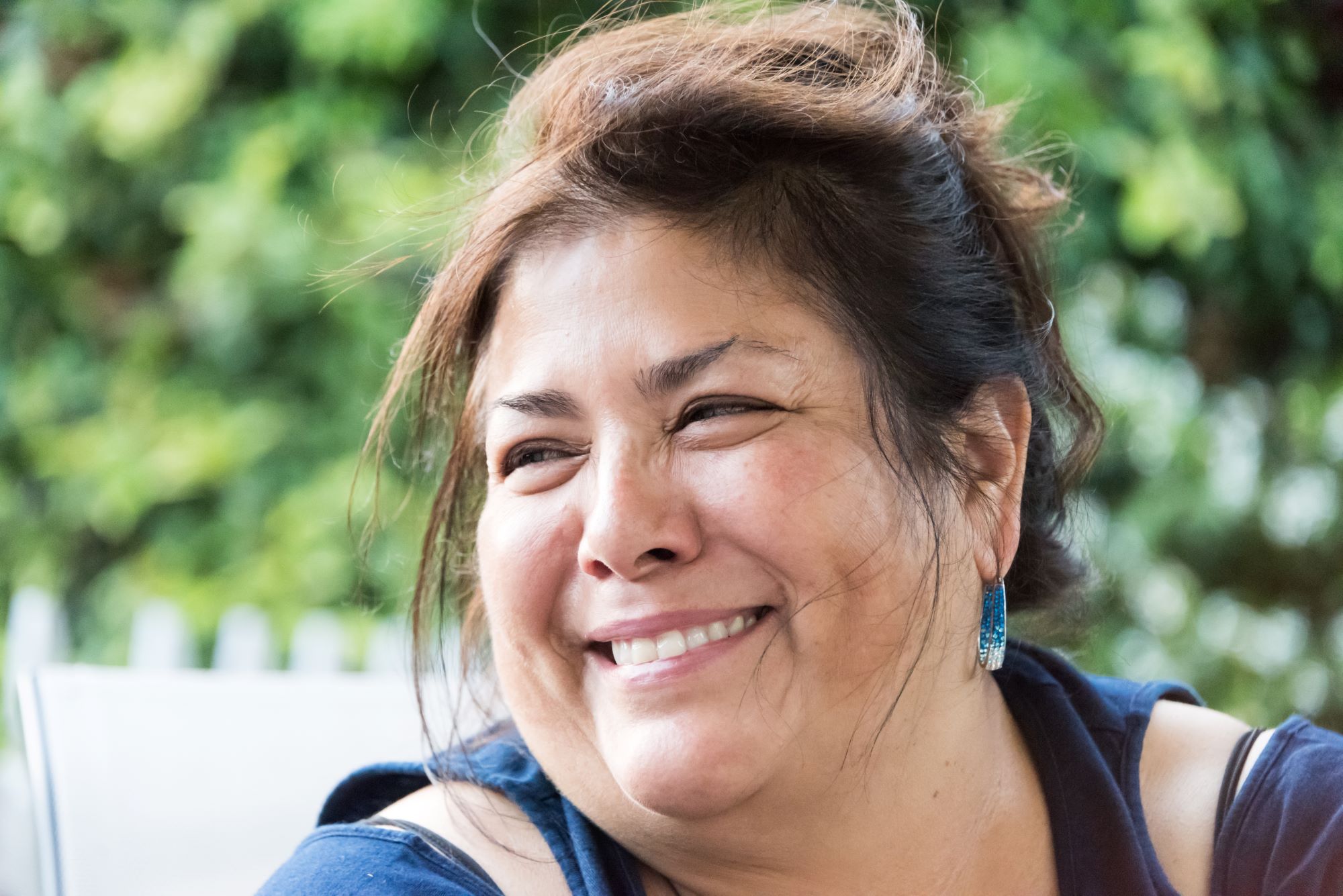When To Choose Companionship Services?
Companionship services become particularly valuable for elderly individuals in various situations where social interaction, emotional support, and engagement become essential for their overall well-being. Here are some instances when an elderly person may benefit from companionship services:
Social Isolation:
Elderly individuals may experience social isolation due to factors such as living alone, the loss of a spouse or friends, or limited mobility. Companionship services offer regular social interaction, preventing feelings of loneliness and fostering a sense of connection.
Loss of a Loved One:
Coping with the loss of a spouse or close friends can be emotionally challenging. Companionship services provide a supportive presence during this grieving process, offering empathy, understanding, and a companion to share memories and emotions with.
Limited Mobility or Health Challenges:
Elderly individuals facing mobility issues or health challenges may find it difficult to engage in social activities. Companionship services include assistance with light outdoor activities, walks, or outings, promoting physical activity and social interaction.
Mental Stimulation:
Cognitive decline or memory loss can lead to a desire for mental stimulation. Companionship services include engaging in conversations, participating in mentally stimulating activities, and providing a positive environment that supports cognitive well-being.
Preventing Depression and Anxiety:
Older adults may be at a higher risk of depression or anxiety, especially when dealing with health issues or life changes. Regular companionship helps create a positive and uplifting atmosphere, reducing the risk of mental health challenges.
Enhancing Quality of Life:
Companionship services contribute to an improved quality of life by providing a sense of purpose, joy, and companionship. Activities such as visiting cafes, enjoying outings, and engaging in hobbies make daily life more enjoyable.
Recovery from Illness or Surgery:
During the recovery period after illness or surgery, companionship services offer essential support. Having a companion can ease the emotional and physical challenges of recovery, providing assistance with daily tasks and promoting a smooth transition back to normalcy.
Family and Caregiver Respite:
Companionship services benefit both the elderly person and their family or primary caregiver. Regular visits from a companion offer family members respite, allowing them time to recharge while ensuring their loved one receives social and emotional support.
Maintaining Independence:
Companionship services are designed to support independence by allowing elderly individuals to remain in their own homes while receiving the social interaction and assistance they need. This promotes a sense of autonomy and control over their lives.
Encouraging Active Living:
Companionship services often include activities that encourage active living, such as light exercises, walks, or outings. Staying physically active contributes to overall health and well-being in the senior years.




